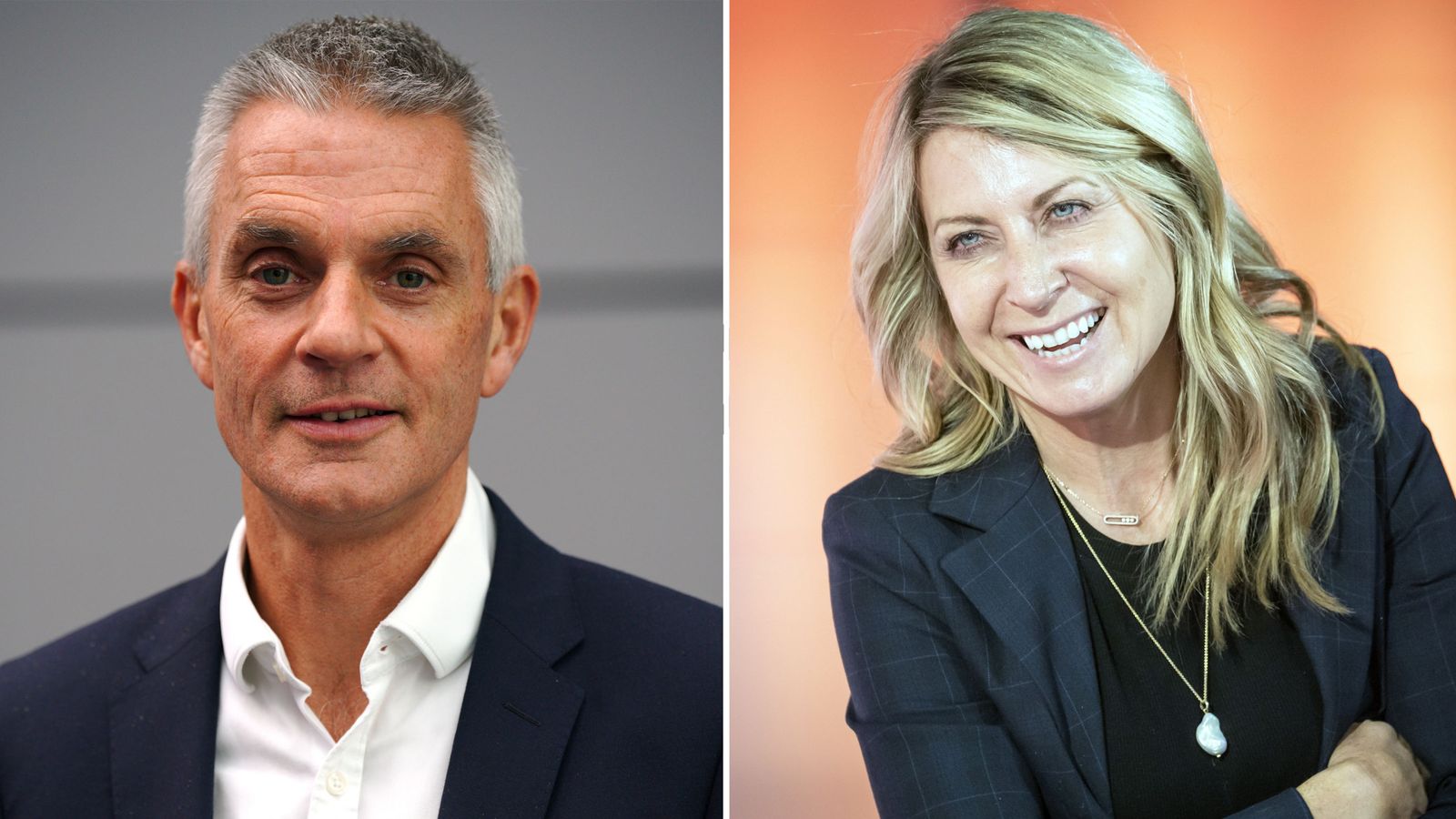Scottish government promises to tackle health and social care crisis to protect weakest and poorest
UK politics live – latest news updates
The Scottish government has promised to spend another £1bn on tackling the crisis in health and social care by raising taxes on higher earners and holiday homes.
John Swinney, Scotland’s acting finance secretary, said the burden of increasing NHS funding would fall heavily on everyone earning more than £43,663 in Scotland as part of a “social contract” to protect the weakest and poorest.
The abolition of a cap on council tax increases next year, alongside £550m extra for councils.
The uprating of all Scottish welfare benefits by 10%, increasing welfare spending by £433m.
£222m on school support for the poorest and extra free school meals in primaries.
£15m for a pilot project to scrap peak-time rail fares.
£336m on home energy efficiency and reducing fuel poverty.
The abolition of non-domestic rates for 100,000 smaller shops and businesses and a freeze in business rates charges, which would cost £356m.
Scottish government promises to tackle health and social care crisis to protect weakest and poorestUK politics live – latest news updatesThe Scottish government has promised to spend another £1bn on tackling the crisis in health and social care by raising taxes on higher earners and holiday homes.John Swinney, Scotland’s acting finance secretary, said the burden of increasing NHS funding would fall heavily on everyone earning more than £43,663 in Scotland as part of a “social contract” to protect the weakest and poorest.The abolition of a cap on council tax increases next year, alongside £550m extra for councils.The uprating of all Scottish welfare benefits by 10%, increasing welfare spending by £433m.£222m on school support for the poorest and extra free school meals in primaries.£15m for a pilot project to scrap peak-time rail fares.£336m on home energy efficiency and reducing fuel poverty.The abolition of non-domestic rates for 100,000 smaller shops and businesses and a freeze in business rates charges, which would cost £356m. Continue reading…




